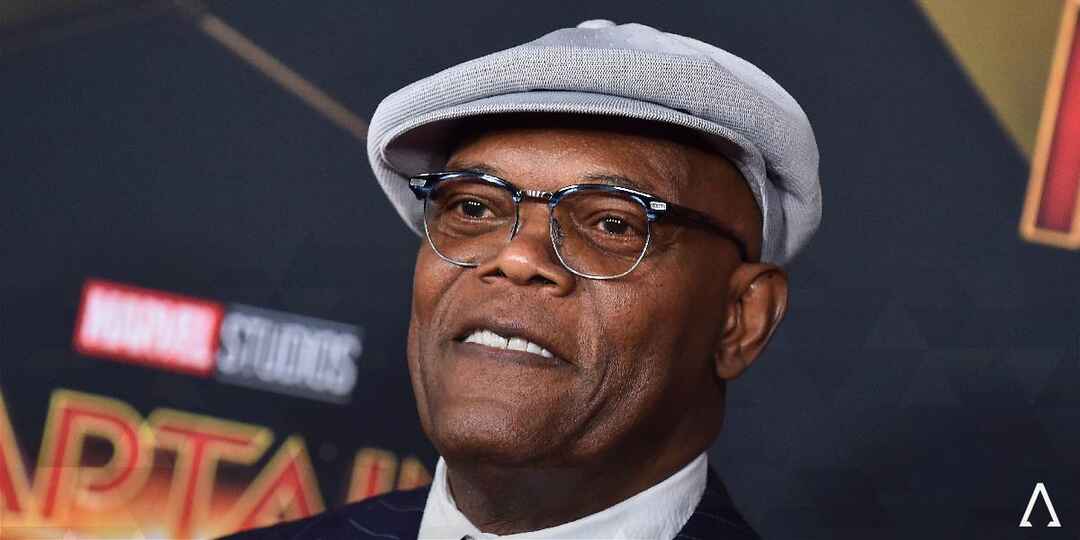
Actor Samuel L. Jackson Thrives in Recovery from Addiction
With a list of achievements and roles longer than most working Hollywood actors, Samuel L. Jackson is in a class of his own. From pop culture phenomenon Snakes on a Plane to iconic parts in Pulp Fiction, Die Hard, Star Wars, the Marvel universe movies, and countless other films and television shows, Jackson was dubbed 2009’s highest-grossing actor in the world by the Guinness Book of World Records, and continues to generate international attention and praise for his work.
Long before Jackson hit his winning stride in Hollywood, he dealt with demons behind-the-scenes. As a college student, Jackson started taking acid, and his drug use eventually progressed to using heroin. Speaking to Jimmy Kimmel, Jackson said that his experimentation stemmed from acting teachers’ advice, explaining that, “I had teachers who told me things like if you wanna be great, you have to learn how to be drunk and high and still do the play because that’s like all the great ones do.”
This shift began a long road for Jackson—which would culminate in his path to sobriety in the early 1990s.
In the ‘70s, Jackson began to drink heavily as a stage actor trying to make ends meet in New York City. Throughout the ‘80s and ‘90s, as he was making his debut in the film industry, he was addicted to crack cocaine and alcohol — and even though he was suffering from addiction, he continued to score roles and to show up for work consistently.
After years of “functional” drug abuse, Jackson hit a breaking point where he could no longer hide his struggles. His wife, LaTanya, and young daughter found him “facedown” in their home, which led to him attending rehab shortly thereafter.
Later on, Jackson told The Hollywood Reporter that his choice to go to rehab came from exhaustion that resulted from long-term drug abuse, saying that, “I’d been getting high since, s—, 15, 16 years old, and I was tired as f—.”
Jackson spent 28 days in rehab, and in a strange twist, his first role after completing treatment was in Spike Lee’s Jungle Fever, where he played a crack addict. In an interview, Jackson said that others in the rehab facility warned him not to take the role, saying, “All the people in rehab were trying to talk me out of it. ‘You’re going to be messing around with crack pipes. All your triggers will be there. Blah, blah, blah. I was like, ‘You know what? If for no other reason than I never want to see you motherf—ers again, I will never pick up another drug.’ ‘Cause I hated their asses.”
Despite others’ warnings, Jackson took the role—and remained sober in the process. He has now been drug-free for over 25 years, and today, at 72 years old, is still enjoying major success in television and film. His face is recognizable to moviegoers around the world, and with films grossing $27 billion throughout his career, it’s safe to say that his talents continue to resonate with audiences everywhere.
With his wife and daughter still by his side, Jackson has taken on role after role, with nearly 50 years of acting experience. From being honored with a star on the Hollywood Walk of Fame to being set to receive an Honorary Academy Award next year, Jackson has approached his craft with tact and honesty.
As Jackson told GQ magazine, “I understood, through rehab, things about creating characters. I understood that creating whole people means knowing where we come from, how we can make a mistake and how we overcome things to make ourselves stronger.”
It is that same attitude that has earned Jackson incredible respect in the acting community—and that will serve as inspiration for generations to come.